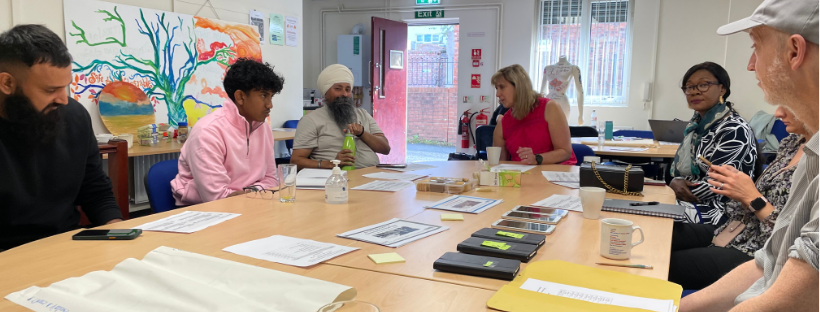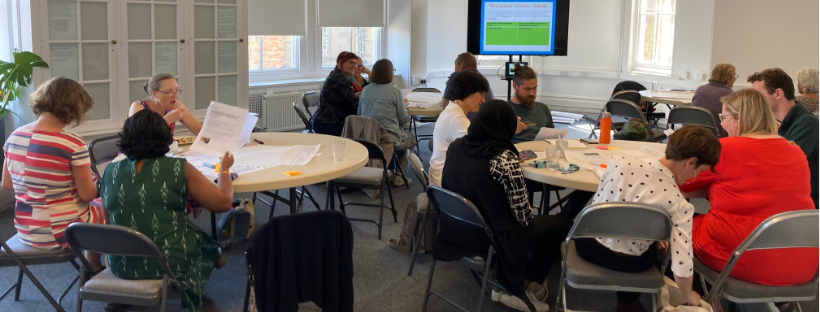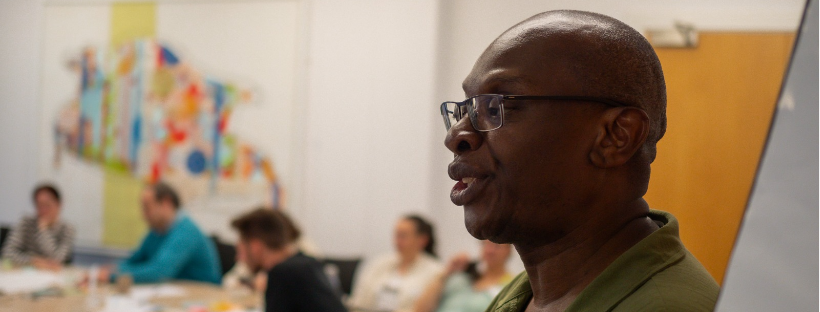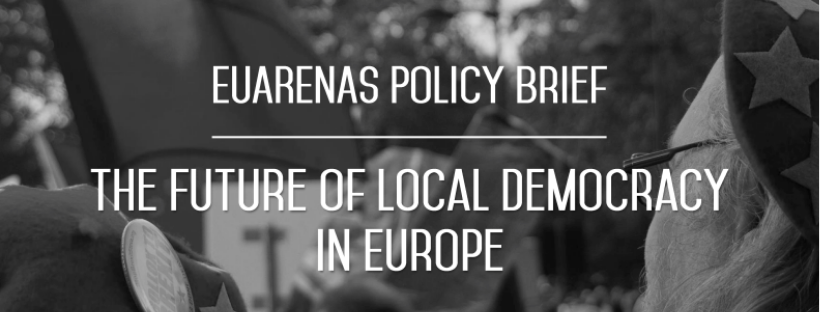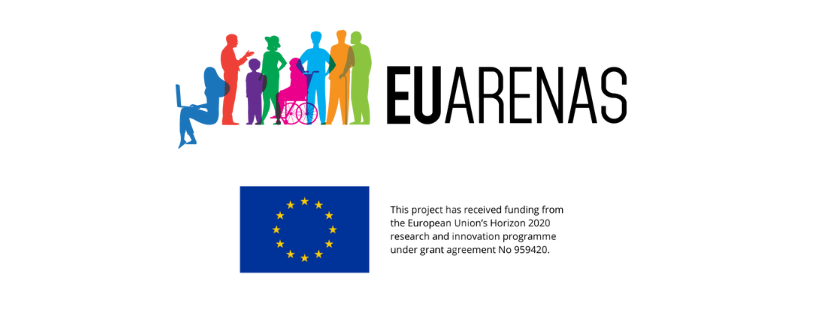LAUNCHING OUR LEARNING FRAMEWORK EVALUATION REPORT (2024/25)
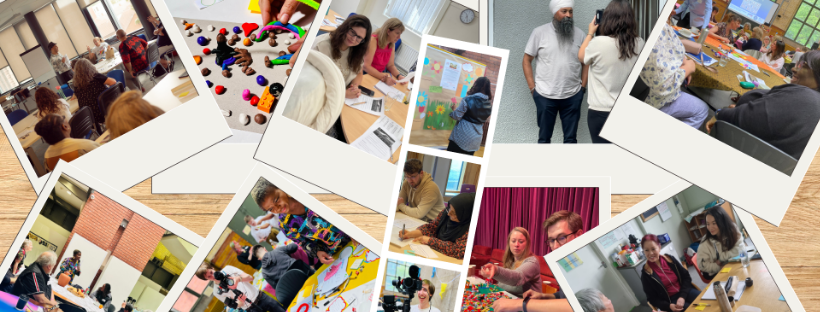
Through storytelling, People’s Voice Media continues to champion social justice, foster inclusive communities, and drive systemic change across sectors.
Since 2020, we have implemented a comprehensive learning, impact and evaluation process that captures the voices of those engaged with our work. This includes Community Reporters, Community Reporter trainers, residents, service professionals, policymakers and other stakeholders involved in our activities. As an organisation that understands the power of stories and lived experience, our approach has always and continues to centre storytelling and human insight. Over the years we have developed our approach to learning, impact measurement and the evaluation of our work – enhancing how we drive forward our organization, deliver our strategic goals and are cognizant of the challenges we face and where changes to our approach are necessary.
This year’s learning, impact and evaluation report covers the period of April 2024 – March 2025. It presents the methods and structure we’ve used to support our learning and synthesises the results. It helps us to learn about our work as an organisation and supports how we implement our current strategy. It has been designed to:
- Identify and understand the impact of our work
- Monitor and evaluate our progress towards our strategic goals
- Support and enhance decision-making at strategic and operational levels
Our process has been developed iteratively over several years, bringing in elements of projects, processes, and methodologies as we’ve learned and grown. We have sought to put stories and human insight at the core – demonstrating what we advocate and using Community Reporting as a key method in this process. We have combined Community Reporting with other approaches that help us to understand the complexities of the change we are trying to make.
If you would like to find out more, you can download and read the report using the buttons below. We’re proud of this work and are excited to share it with you.
This work has been funded by Esmée Fairbairn Foundation.
